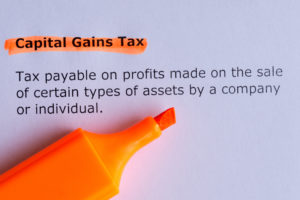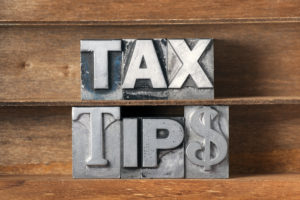FBAR Penalties Could Be Lessened Under New IRS Guidelines
According to the IRS, “if you have a financial interest in or signature authority over a foreign financial account, including a bank account, brokerage account, mutual fund, trust, or other type of foreign financial account, exceeding certain thresholds, the Bank Secrecy Act may require you to report the account yearly to the Department of Treasury by electronically filing a Financial Crimes Enforcement Network (FinCEN) 114, Report of Foreign Bank and Financial Accounts (FBAR).”
In other words, anyone who has money in a foreign bank account that exceeds $10,000 at any time during a given year will need to report that income to the IRS via an FBAR. However, recently, the IRS issued some new guidance regarding the penalties for those who don’t file an FBAR. According to reports, the IRS released a statement that noted: “For each year for which it is determined that there was a willful violation, examiners must fully develop and adequately document in the examination work papers their analysis regarding willfulness.”
For any case that involves willful violation for several years, it is up to the examiner to recommend the penalty length for each year the violation was determined to be willful. The IRS stated that typically the total penalty for the combined years under examination would not exceed ‘50 percent of the highest aggregate balance of all unreported foreign financial accounts during the years under examination.”
Meantime, an examiner can recommend more or less than the 50 percent threshold, but the total penalty cannot “exceed 100 percent of the highest aggregate balance.” There are obviously many possible scenarios and each case will be treated separately on its own merits and circumstances. The bottom line is you should still report your FBARs each year and report them on time. If you need help planning for and filing your FBAR then contact GROCO today at 1-877-CPA-2006, or by clicking here.
Trump Holds Steady on Capital Gains Taxes…For Now
Anyone who was holding his or her breath for the president to lower capital gains taxes better exhale. At least for the moment. According to a White House spokesperson, President Trump decided against slashing capital gains taxes after meeting with his advisors last week. The president and his advisors reportedly met to discuss several policy…
Save or Invest – Either or, or Both?
Save or Invest – Either or, or Both? Building wealth is a process. It takes time, knowledge, intelligence, and sometimes even a bit of luck to build true wealth. There are plenty of ways and methods to build wealth. If you ask most high net worth individuals how they got wealthy you will get numerous…
Tax Planning Tips that Can Save You a Bundle
Let’s talk about some tax planning tips that can save you a bundle. Most high net worth individuals didn’t get wealth by sitting around and hoping to get rich. They have to earn it. That’s one of the biggest differences between just getting by and actually getting rich. And one of the things high net…
Millionaire Taxes- The Debate is On
Millionaire Taxes- The Debate is On. How many people are millionaires in the United States? According to recent statistics the number of people in the country with a net income of $1 million or more reached 9.63 million in 2013. That might sound like a lot, but compared to the total U.S. population that number…




